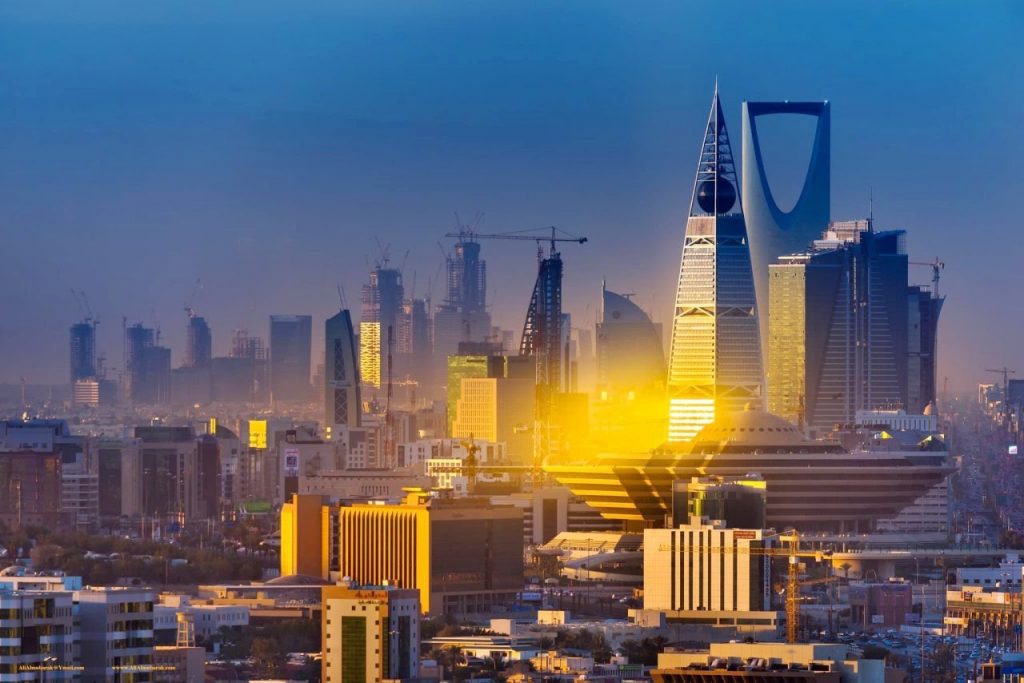Britain has officially abandoned its claim to be the world’s fifth largest economy. According to the 2017 IMF the world’s Top Seven Economies.
Treasury chief Philip Hammond acknowledge the slide on Wednesday. Noting the new ranking in a series of statements meant to highlight the economy’s strength.
“Britain is the world’s sixth largest economy,” Hammond said in his closely-watch budget speech.
While there are several ways to measure the size of an economy. The UK Treasury point to GDP forecasts publish by the International Monetary Fund in October to back up his statement.
The numbers show that France will narrowly squeak ahead of Britain in the group’s 2017 ranking of global economies. With its advantage consider to widen considerably in 2018.
This year will be the first time since 2013 that France in the top UK in the ranking, according to the IMF.
The slide reflects a sharp deceleration in Britain’s economic growth since it vote to leave the European Union in June 2016. The pound weak dramatically, consumer spending has slowed and prices become high.
On Wednesday, the Office of Budget Responsibility slashes its UK growth forecasts for 2017 from 2% to 1.5%. It expects a 1.4% expansion next year, follow by 1.3% in 2019 and 2020.
The loss of its top five spot to an EU rival is more bad news for politicians who argue that Britain will be stronger outside the bloc.
Britain’s lead negotiator in Brexit talks, mention as recently as September that his country’s economy was the fifth largest in the world.
The UK expect to slide further. India is forecast to power past both Britain and France in 2019.
Britain has officially abandon its claim to be the world’s fifth largest economy.
The world’s top seven economies, according to the 2017 IMF forecast are below:
United States ($19.4 trillion)
China ($11.9 trillion)
Japan ($4.9 trillion)
Germany ($3.7 trillion)
France ($2.575 trillion)
United Kingdom ($2.565 trillion)
India ($2.4 trillion).
